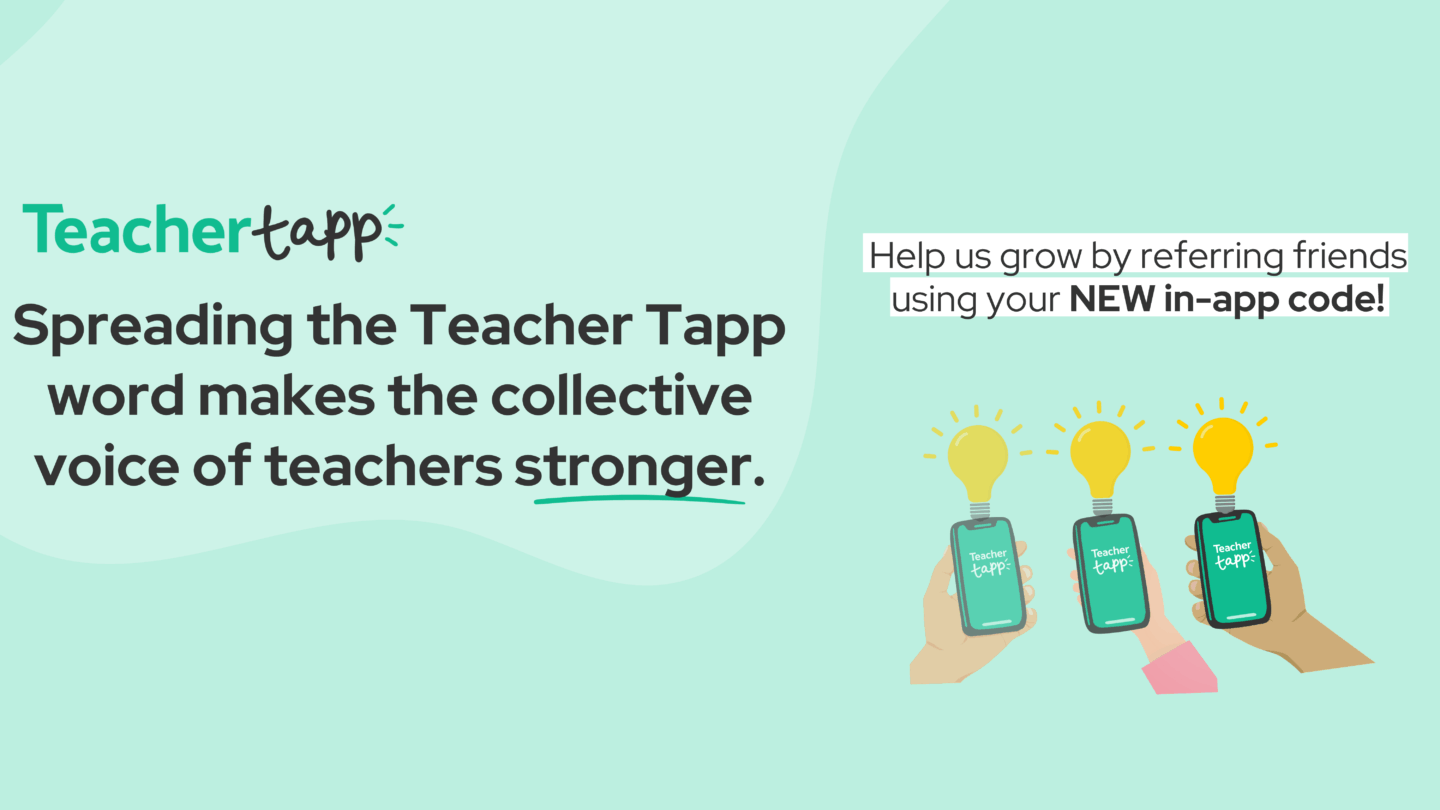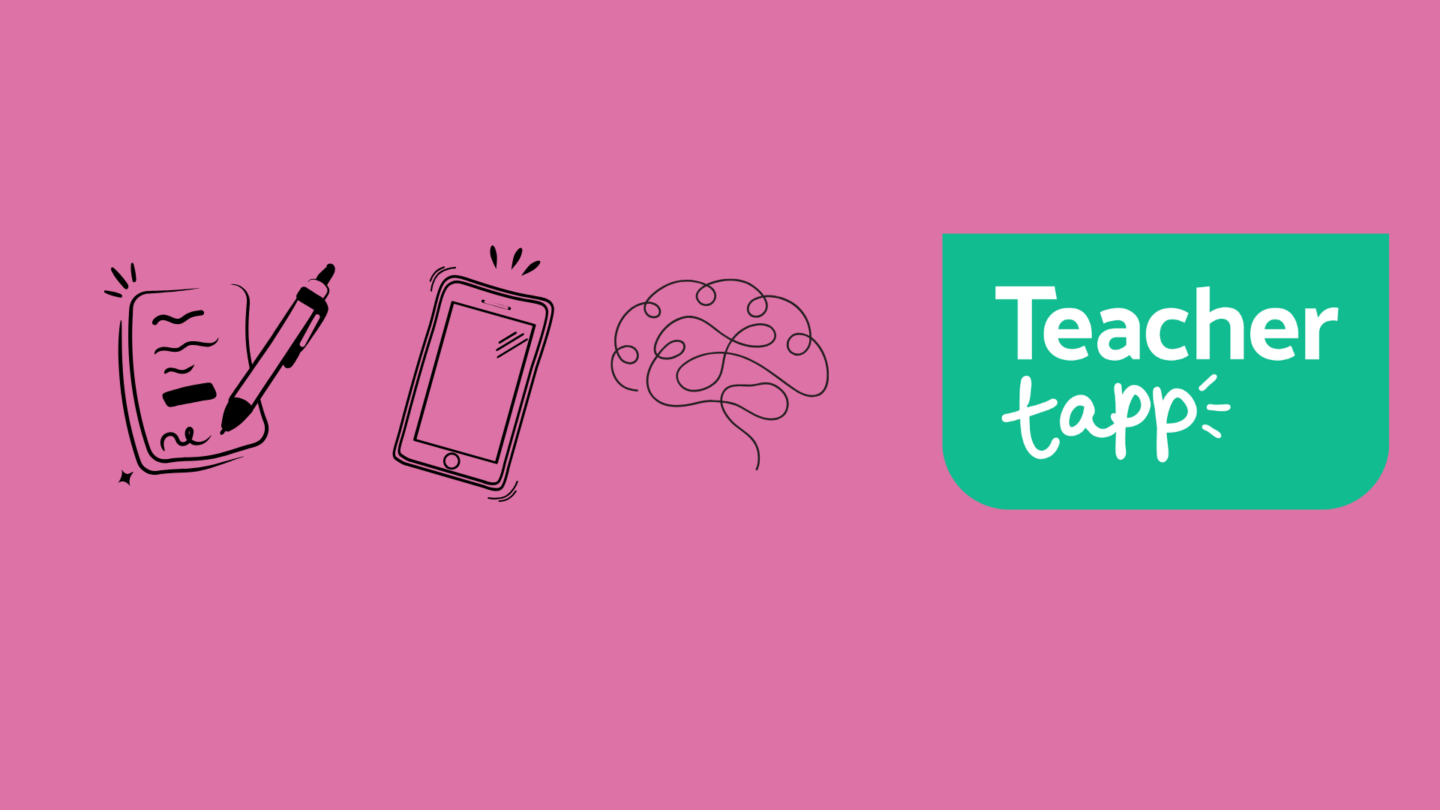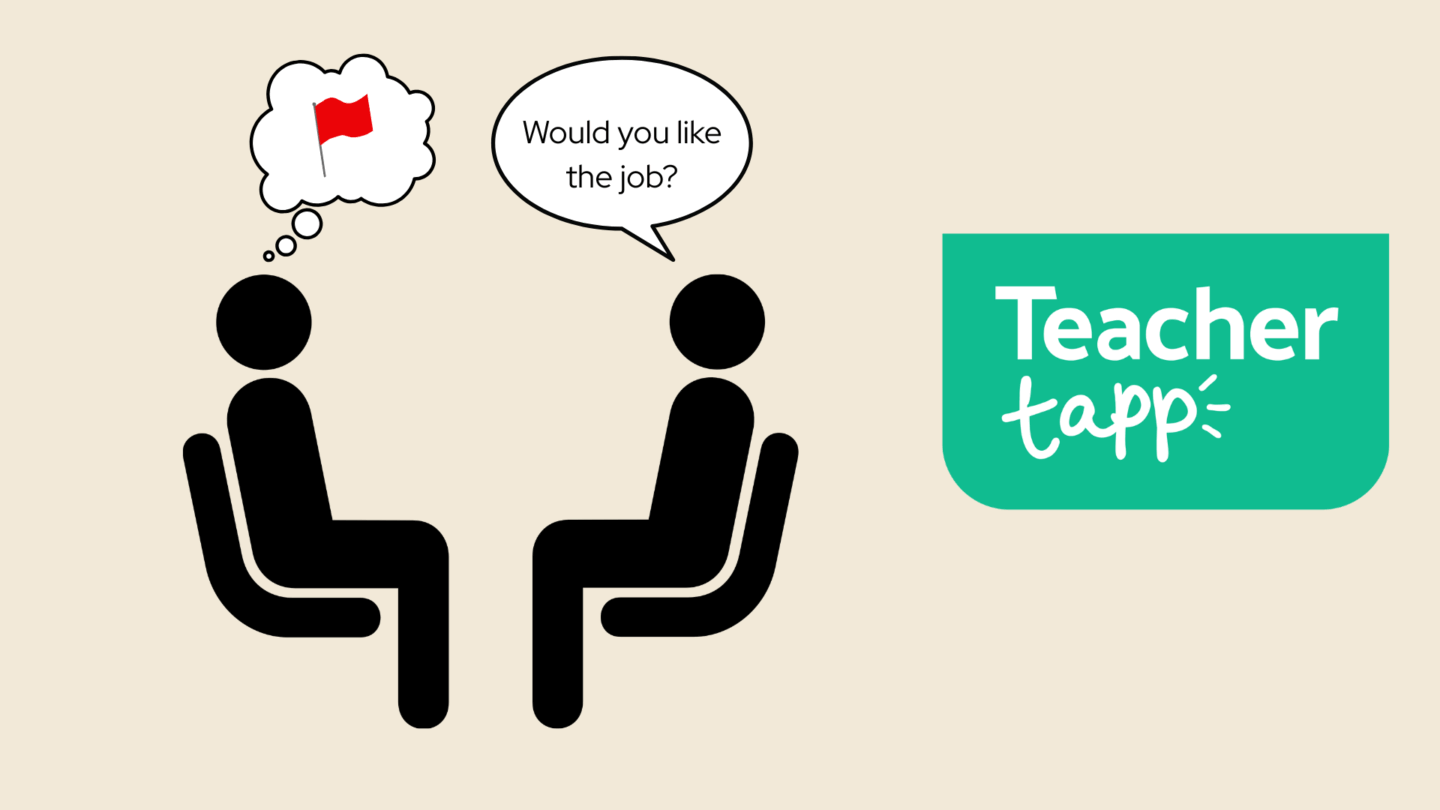Welcome to our weekly blog for Teacher Tapp Ghana!
Every Monday we summarise our most surprising and interesting survey findings from the week before. This weekly blog provides an easy way for you to learn about the experiences and opinions of teachers across Ghana.
Before we dive into our exciting findings, we just wanted to announce that Teacher Tapp formally launched in Ghana with the support of the Ghana Education Service last week. With the support of GES, we were able to boost our user numbers to 250! 🥳
Thanks for all of your help with promoting Teacher Tapp among your colleagues. Thanks to your hard work, this week’s findings are more stimulating and reliable than ever before…
1. Wanted: more space for silent work
Teachers always have plenty of work to be getting on with. But where can they complete this work? This week you told us that while 30% of you are lucky enough to have your own office, 24% have no quiet place in their school to complete work.

This absence of places to complete work has consequences for teachers. It can make completing work at school more difficult, leading to longer working hours. It can also lead to taking school work home with you, which increase both your workload and your inability to relax and recuperate at home.
Because of this, it is important schools provide suitable work spaces for teachers outside of their classrooms. But the further interesting issue is that 1-in-3 of you told us your school does have such spaces, they just don’t tend to be especially quiet!
One of the reasons for this may be overcrowding, with lots of teachers sharing a relatively small space. Equally, as we discovered last week, the majority of our users spend a very small amount of time talking to their colleagues. As such, any opportunity to speak to fellow adults is seized upon with enthusiasm.
Do you think the absence of a silent working area is especially problematic for teachers and schools? Perhaps you actually prefer working in a space where professional conversations can take place. Let us know your thoughts by emailing baz@teachertapp.co.uk.
2 . Does the Aptitude Test really measure aptitude?
On February 20th and 21st, about 1-in-5 of our users participated in the GES Aptitude Tests. These tests are used as on the assessment criteria for promotion to senior roles in education.
But is the Aptitude Test an effective measure of suitability for promotion? When we asked you this question, 41% of you told us that you do not think that it is.

The most common response to our question was Strong Disagreement with the statement, showing a high degree of disapproval for the Aptitude Test. From our conversations with our users, three main concerns about the test were identified:
- The test merely assesses knowledge of pedagogy and policy, but does not test for leadership skill
- The test is prone to being leaked in advance of the exam day, allowing for cheating. This has been alleged by multiple sources to have happened this year, although GES have released a statement firmly denying any leaks.
- The belief that alternative systems are better than exams, for example the use of portfolios of evidence on effective teaching and learning, or through interviews.
The motivation for the introduction of the Aptitude Tests is that they introduce greater fairness and accessibility to the promotion process. When interviews are conducted, research shows that interviewers judge a candidate based on features such as gender, ethnicity and physical appearance that are not relevant to their ability to succeed in a role. This bias is absent in examinations.
However, this does not mean that the way Aptitude Tests are being applied right now is the most effective. What can GES do to improve their implementation? Please send your thoughts to baz@teachertapp.co.uk.
3 . How useful are lesson observations?
It can be a nerve-wracking experience having a colleague observe your teaching. But, according to 88% of our users, it also results in helpful feedback you can use to improve your teaching.

We’re curious to know what form this feedback took when you received it. Were you given specific pointers on things you should avoid doing? Were you given specific lesson or activities ideas you could try in the future?
According to some research, the best way of giving feedback to teachers after observing their lessons is to ask them questions about their class and their experience of teaching them. This is because any lesson observer is only ever going to see a brief snapshot of the class they are observing, whereas the teacher being observed knows class much better than them. This means that the role of the observer is to help extract and clarify the observed teacher’s own thoughts about how to teach their class effectively.
Questions that an effective observer might ask include:
- Where does this lesson fit into your sequence of teaching?
- What have students had to learn in order to get to this point?
- What did they already know?
- How will you develop what students have done so far?
- How might the next lesson be adapted in light of what happened this lesson?
Have you ever been asked these questions by an observer? Will you use them the next time you complete a lesson observation? Let us know as baz@teachertapp.co.uk
4. Finally, we know you’re finding our daily readings useful, so here are all of the ones from last week…
- Should you use stories with students?
- Cognitive Learning Theory in the classroom
- Keep your teaching learning-focused
- 14 Myths in Education
- Effective modeling for students
- Do ‘learning styles’ exist?
- The value of rules in the classroom
PLUS, Don’t forget that there are discussion questions for these articles that can be found here. Why not try them out with your PLC?
Download the Teacher Tapp App today!
If you liked our great findings and want to to get them sent to you weekly, then download our app below! You’ll also get access to free, high quality CPD articles and get to answer questions that will be used to change the education system in Ghana for the better.
Just use these download links to download our free app and get started today.







